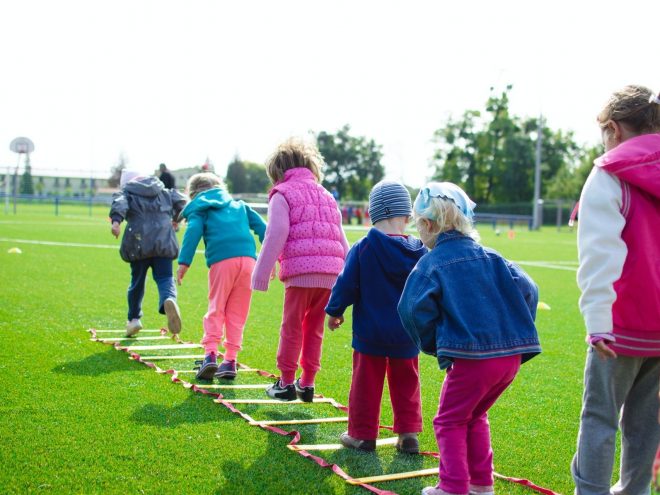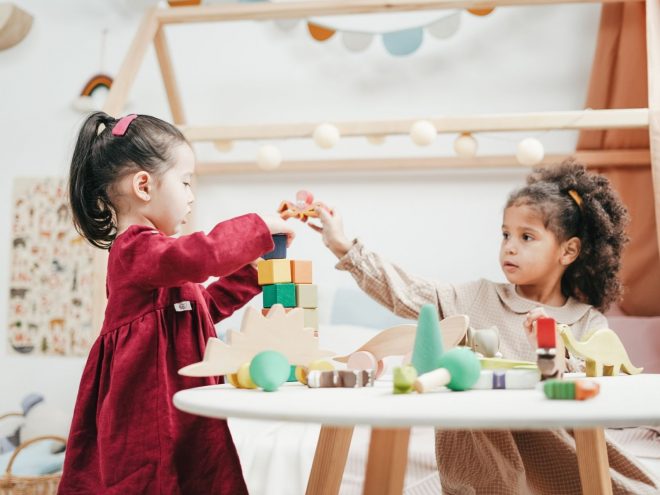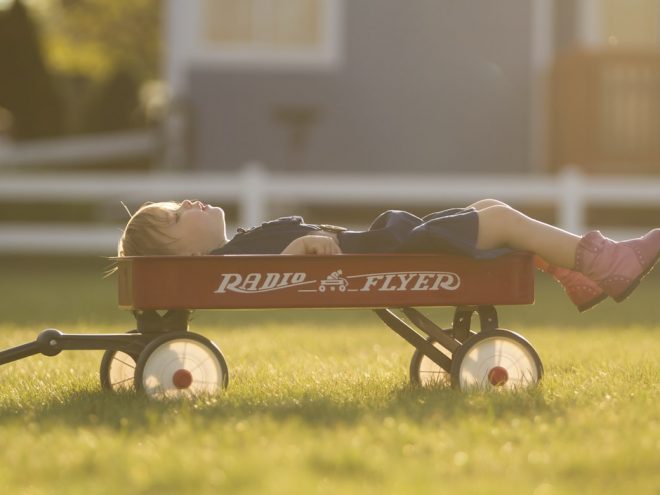Nobody likes being the new kid. Moving to a new school can be a difficult transition for any child, even if they’re making the switch with a group of friends. It can be especially hard if a student is changing schools and cities simultaneously.
However, kids are resilient and able to overcome significant obstacles. As a parent, you can offer support during this challenging time. Here are eight tips to help your child as they move to a new school.
Evidence Your Child is Struggling
During this transition period, you might notice your child regressing in behaviors or demonstrating new manners that seem uncharacteristic. When children are in high-stress situations, it is not uncommon they develop new behaviors or seek additional attention from a caregiver.
Because children don’t have adults’ vocabulary or emotional regulation skills, they often rely on physical behavior to tell grown-ups they’re struggling. Your child may show they’re dealing with stress by acting in the following ways:
- Sleeping significantly more or less at night.
- A noticeable difference in appetite.
- Avoidance, anger or tantrums when the topic of school is brought up in conversation.
- Evidence of clingy behavior or separation anxiety when dropped off at sports, extracurriculars or their current school.
How You Can Help
No parent likes to feel helpless. Thankfully, there’s much one can do to prepare your child to move to a new school.
1. Talk to Your Child
The easiest way to help your child is by talking with them. Ask them questions to gauge their emotional state and normalize the school experience. Example questions could include, “what are you looking forward to?” “What are you nervous about?” Be aware of how you talk about your child’s school, which will ultimately shape their perspective.
2. Prepare for the First Day
Visit your child’s school and take a tour. Find their classroom and locker. If possible, try to meet their teacher. As much as you can, go through a regular school day schedule to minimize any worries for the actual day.
Most school administrators are happy to accommodate student visits at the beginning of the school year. Some schools even offer school open houses for this exact purpose.
3. Take Your Child Shopping
To get your child excited about school, take them shopping and let them pick out a new backpack and supplies. When you allow them to shop, it will help them feel they have a degree of control over the situation. Additionally, they’ll have colorful notebooks and supplies to look forward to once the school year begins.
4. Act It Out
If your child is moving into Kindergarten, help them act out what a typical first day looks like. Imaginative play is a fantastic way for children to learn in a safe environment. It also makes the scary thing fun. You can start by being the teacher and your child the student–then switch roles with your child once they’re comfortable.
5. Read a Book
Back-to-school worries are a frequent subject in children and young adult literature. Whether you’re moving to a new school or your best friend moved away, books do a fantastic job helping children learn and empathize. After you read a book with your child, have an informal discussion to see what they learned.
6. Make New Friends
If possible, have your child join a day camp or sports league to help them make new friends who’ll be attending the same school. Consider having some of these friends over for a play date or meet up at a park. Moving into the same school with a group of friends will make the transition significantly easier for your child.
7. Get Involved
Try volunteering at their school, sports league, or extracurricular activity to support your kiddo further. When you take an active role in their environment, you’ll get to know their friends, coaches and teachers and better understand that part of their world. Additionally, your presence will be a comfort to your child.
8. Help Your Child Get Sleep
As your child moves to a new school, ensure they get enough sleep. Due to stress, kids can struggle to sleep enough during this transition. Sleep deprivation can negatively affect mood and school performance. If you notice your child is incredibly cranky, they’re likely not getting enough sleep. Help them sleep more by getting black-out curtains, a white noise machine, and mindfulness breathing techniques before bedtime.
Prepare Your Child for the Transition
There are many ways to help your child as they move into a new school. If you still notice the transition is difficult, reach out to your teacher or school guidance counselor for further help. They will be happy to help your child overcome this challenge. In time, your child will be comfortable in their new setting!





